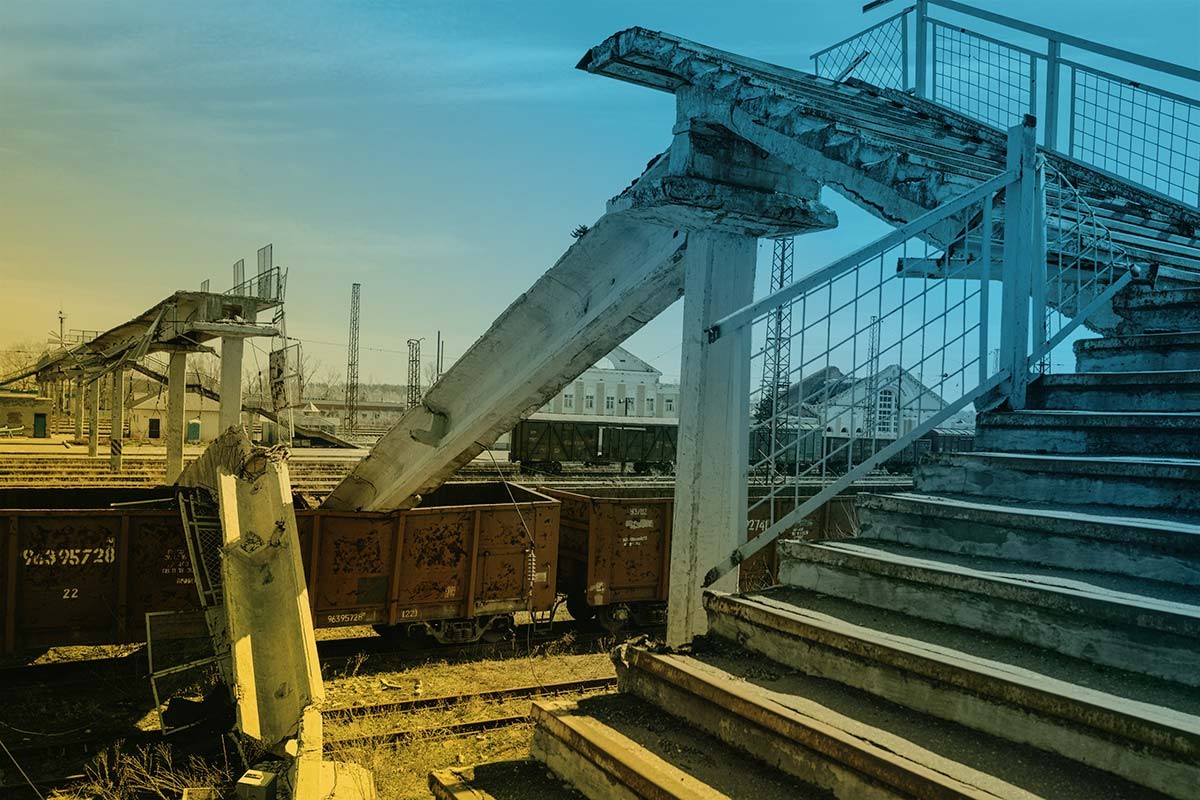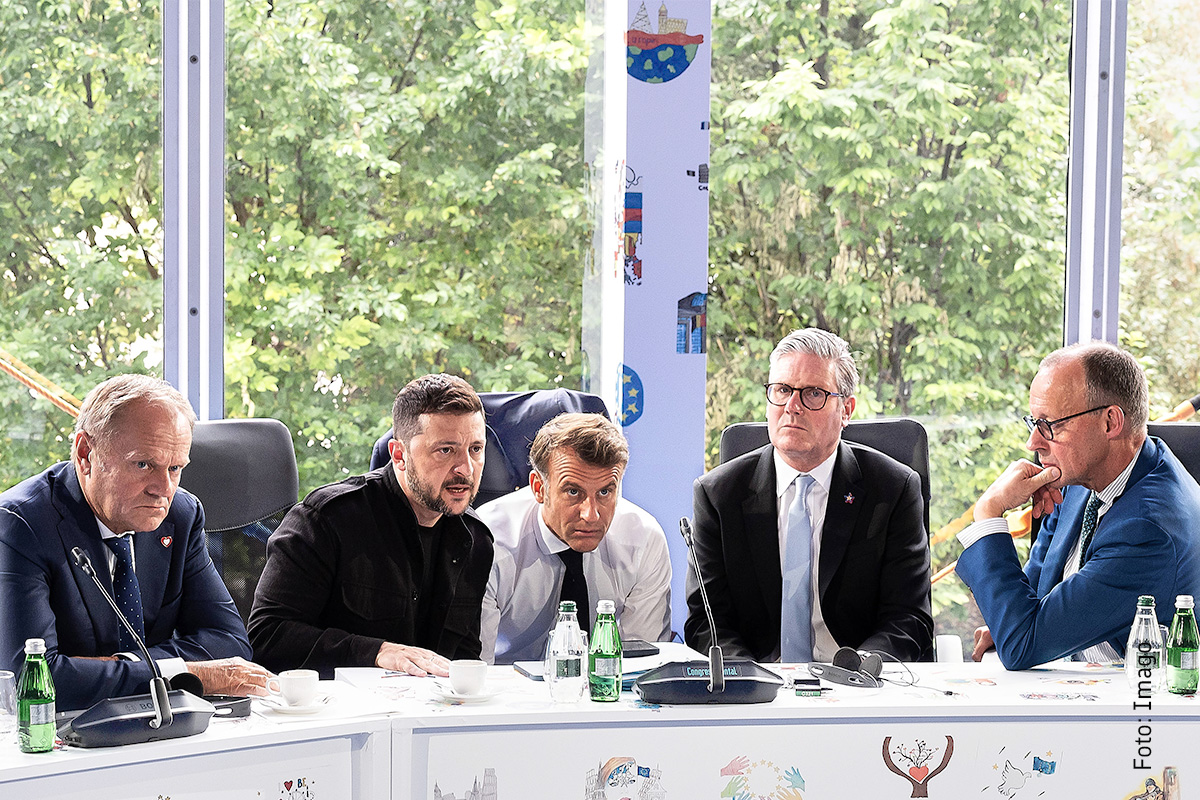“A victory for Ukraine means the defence of the democratic order of freedom”.

On 11 October 2023, an international conference organised by the Centre for Liberal Modernity shed light on the significance of the Russian war of aggression for Europe. What can we do to ensure that a free and united Ukraine emerges from the war? How can war criminals be held accountable? How do we shape the European security order of the future?
Over 30 guests from politics, academia and civil society discussed at the Centre for Liberal Modernity’s international conference “Ukraine and Us: What does Russian aggression mean for Europe?” held on 11 October 2023 in Berlin with more than 160 international experts.
“Supporting Ukraine is in the best interests of the democratic world” (Ralf Fücks)
The conference took place only a few days after Hamas’ terrorist attack on Israel. “The two wars have more to do with each other than might appear at first sight. [...] They attack the normative international order and defy all civilised norms,” said Ralf Fücks in his welcoming speech. “If Putin succeeds with his imperial policy of violence towards Ukraine, the next war is only a matter of time. The authoritarian potentates and violent powers everywhere will receive a boost. Supporting Ukraine with all our might is in the best interests of the democratic world. [...] It is about a Europe of freedom from Lisbon to Luhansk, to use Annalena Baerbock’s formula.”
Ukrainian Foreign Minister Dmytro Kuleba also quoted this formula from Foreign Minister Baerbock in his key note at the opening of the conference and went on to say the following with regard to the threat of new aggression from Russia: “I don’t want to sound ominous, but we must all understand what is at stake. This war is about so much more than Ukraine. [...] In times of peace, Ukraine is the gateway to Europe. This gate can be opened to allow the movement of people, goods, capital and services. But the gate is closed to those who have come with the sword.”
“The EU must open its doors to countries like Ukraine, Moldova and Georgia” (Marieluise Beck)
In her welcoming speech, Marieluise Beck also warned urgently against an “appeasement policy” towards Russia and pleaded in favour of Ukraine’s rapid accession to the EU: “Yes, the EU must open its doors to countries such as Ukraine, Moldova and Georgia, because the larger and more united the EU is, the less totalitarian states can blackmail us and destroy the value-based order and international law.”
Conference with 30 international experts on seven panels
At the conference, 30 experts from Ukraine, Lithuania, Poland, Moldova, Georgia, the UK, Romania, Germany and the USA joined 160 participants from politics, academia and civil society on seven panels to discuss the processes that made the war possible and the consequences for Europe — and to draw conclusions for the future European security order.
The individual panels covered a wide range of topics from reconstruction and energy security in Ukraine to the question of how Russia can be held accountable for war crimes, and the next steps on the path to EU accession for Ukraine, Moldova and Georgia.
Take-aways from the conference
What conclusions can be drawn after the conference? “Don’t underestimate Ukraine’s strength and determination,” said Ralf Fücks in his closing remarks, “Ukraine has decided to take the path to real freedom, democracy and Europe. That is an enormous strength. [...] How far Ukraine will go depends crucially on us. It’s not just about solidarity, but supporting Ukraine is an investment in our own security, in our democracy. [...] The opponents of liberal democracy feel strong because they think we are weak, because they think we are fearful and afraid of conflict. This is not a plea for a new militarism, but a plea to respond with strength, trusting that democracies are stronger than their authoritarian opponents.”
Here are the reports on the individual panels:
![]()
Did you like this article? If yes, you can support the independent editorial work and journalism of LibMod via a simple donation tool.
Donate via PayPal
We are recognized as a non-profit organization, accordingly donations are tax deductible. For a donation receipt (necessary for an amount over 200 EUR), please send your address data to finanzen@libmod.de
Related topics
order Newsletter
Stay tuned with our regular newsletter about all our relevant subjects.




























